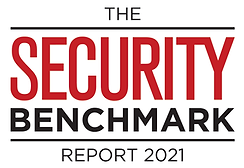Management
Top de-escalation strategies and training for security leaders
Security and de-escalation are often intertwined. Learn how security pros implement best-in-class de-escalation strategies.
August 2, 2021
Data Privacy Briefing for July 2021 is now available
July 30, 2021
Sign-up to receive top management & result-driven techniques in the industry.
Join over 20,000+ industry leaders who receive our premium content.
SIGN UP TODAY!Copyright ©2024. All Rights Reserved BNP Media.
Design, CMS, Hosting & Web Development :: ePublishing














